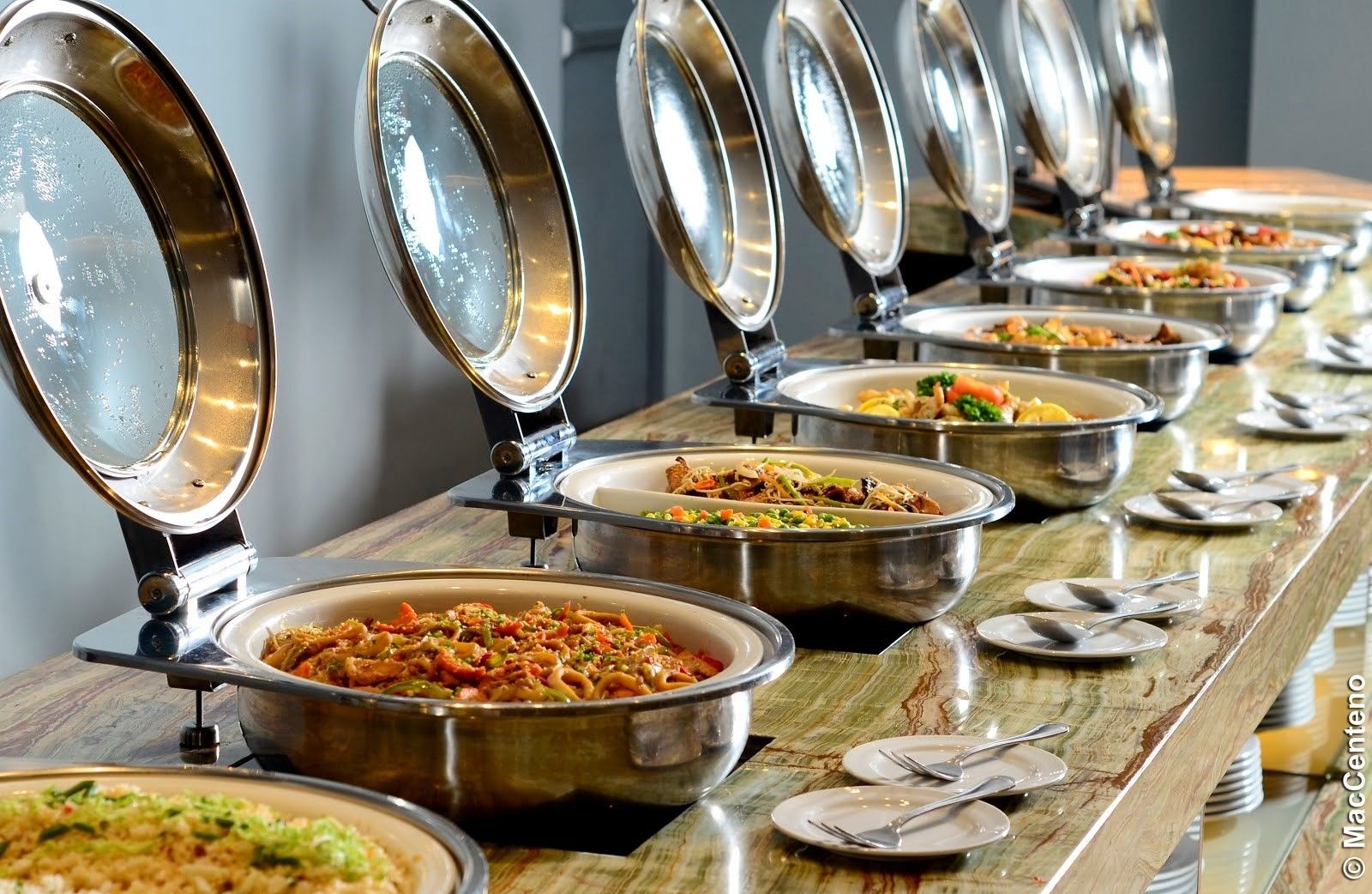Helpful Organic Gardening Tips You Can Use
When you use proper techniques when organic gardening, it really does show. It demonstrates that you are concerned about getting the most out of your organic plants. As with anything, you can continuously improve and develop your organic gardening skills. The following advice will help you do that.
Plant ever-bearing strawberries for your children. Children love to snap up these sweet juicy fruits for themselves and will be more willing to help you if they can pluck their own fruit from the garden.
Pine can be a great mulch. Cover the surface of the ground with a two-inch layer of the pine needles; as the needles break down, and they will disperse acidity to the soil below as they decompose.
Space is very important to remember when you plant an organic garden. It can be easy to underestimate how much space your plants will need once they start to grow. Plan your garden carefully and leave enough space between seeds.
Don’t let all the chores for your organic garden build up. Even if you end up being too busy to do garden chores every day, you can try little things that will prevent you from having a lot of work when you return to your garden. For example, if you are playing in the yard with your child, such as when you take your dog out for a potty break.
Green Plant
Your compost pile should contain green plant materials and dried ones in equal amounts. Green plant material can include old flowers, fruit waste, spent flowers, weeds, and fruit and vegetable waste. Dried plant material comprises shredded paper, however, includes shredded paper, sawdust and shredded paper. Avoid using ashes, meat, diseased plants and meat-eating animal manure.
Some examples are petunias and petunias.If you do now know how to plant your seed, you can find out online or through the seeds’ package.
When maintaining your organic garden, lightly brush over them using your hand up to twice a day. While it seems a little odd, research has shown that this method can increase the size of your plants.
You already have the products, the tools and the skills to get those organic gardens going. Great! What you have just read can help you get the most from your garden. You might find some new techniques that you can test out in your garden.



